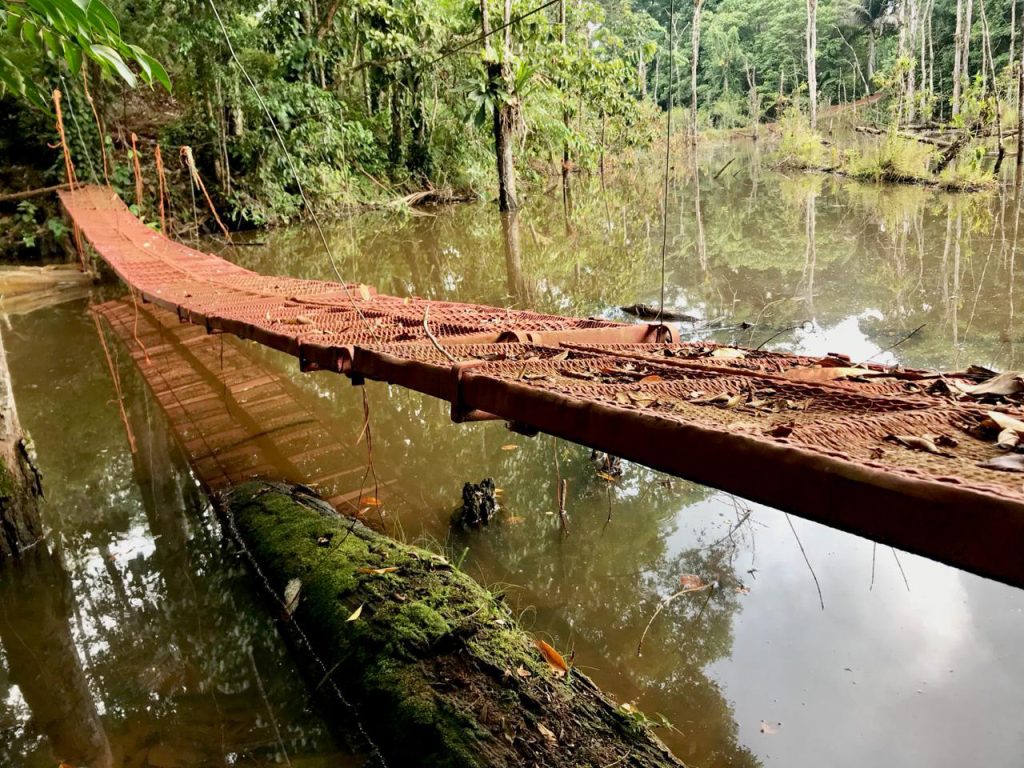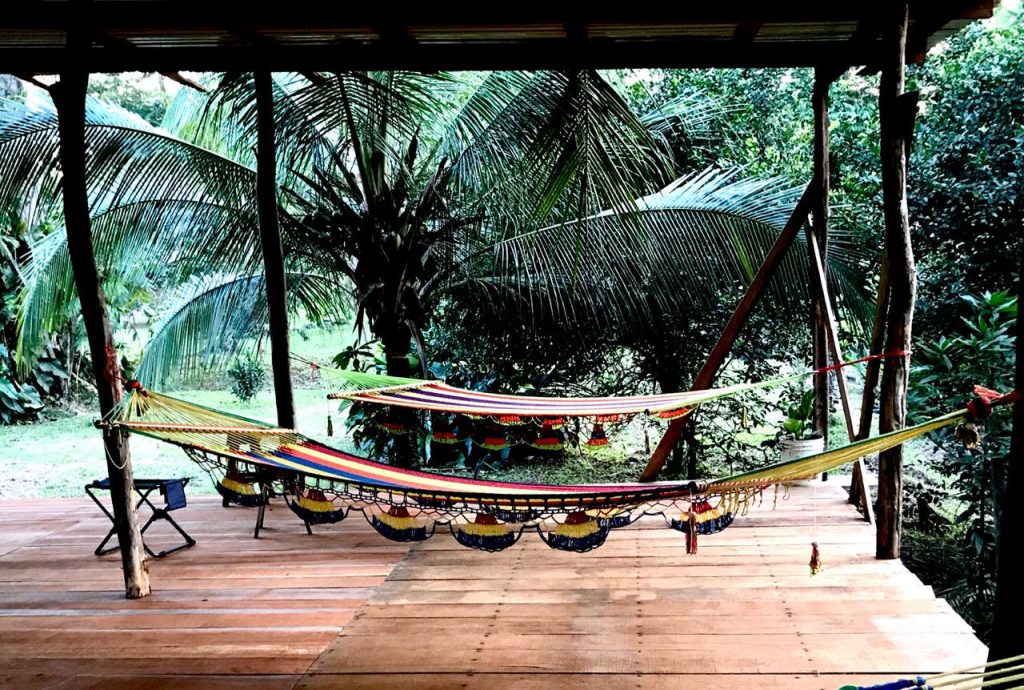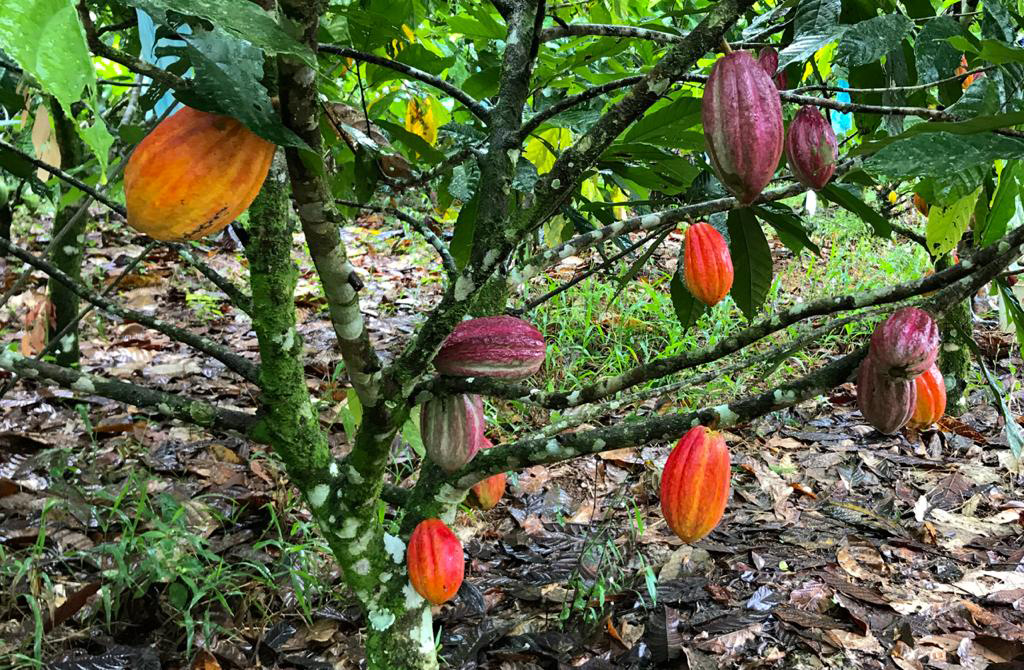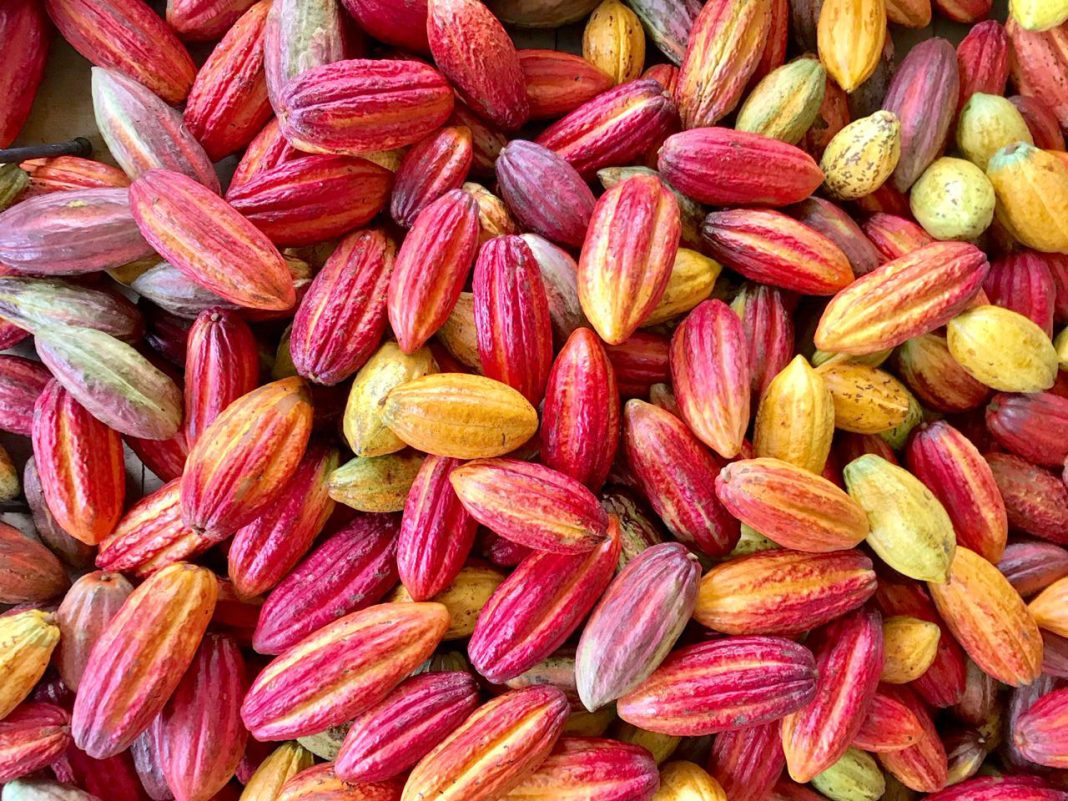I began my life as an entrepreneur at an early age.
We lived in Escazú, on a large property with many fruit trees, so during the school holidays the mandarin trees were ripe. We’d get up early and walk to the paddock to harvest the fruit. At around 10 in the morning, we used to set up a small table in front of the house and sell them. This experience showed me the way to the world of entrepreneurship.
I studied at the Buenaventura Corrales School on the other side of the city. My dad thought that a child who had to cross the city alone every day, to go to class, develops more skills than children who attend a school nearby. To get home I’d take two buses: Sabana Cementerio from Parque Morazán, and the Escazú bus from the Coca Cola station. Over time, we realized that if we skipped the first bus and walked from school to the Coca Cola, we could go through the Central Market and collect discarded cabbage leaves that would be perfect for feeding rabbits. We started raising rabbits. That’s how I learned to look for and take advantage of opportunities.
There were no cell phones. It wasn’t even easy to access a land line. When my uncle, who lived next door, got a phone, the Costa Rican Electricity Institute (ICE) people discarded pieces of cable, the ones with several threads of different colors. Another chance! I made small coils of colored wire and sold them at school for 10 cents a coil or two for 15 cents. I did well. The problem arose when the clients asked for more and I had no way to get it. That’s how I learned supply and demand.
Sometimes I’d get a little cart, load it with the fruit that was in season, and go from house to house to sell fruit near the Country Club. In Calle Mainor, there lived an American who always bought fruit from me and invited me to a fresco with something to eat. Unfortunately, one day a wheel broke on the little cart. He saw me in trouble, got out his car, put the cart in and took me home. Once he saw where I lived, he never invited me to breakfast again. That’s how I learned about marketing.

When I look back on my history and the multiple ventures I’ve led since childhood, I don’t really know what led me to entrepreneurship. The truth of the matter is that I have always liked to work, and that could be part of the secret. Many years ago, in a conversation with my Uncle Enrique, I said that I loved working—that I’d do it even if I didn’t get paid, because that was what I liked. My uncle was touched by what I said. He said: “You’re a man now. That’s how a man thinks.” At the time, I wasn’t even of age.
The important thing, I think, is to fall in love with what you are doing. It doesn’t matter what it is. If you like it, you enjoy it, and no effort or time is spared.
I have met several people who start a project and are not willing to work long hours. When I had a shop to fix engines, I opened from 7 am to 5 pm, Monday through Friday. I would leave work and go to university until 9 at night.
One day, in that routine of long days of work and study, I bought two beehives that produce honey—out of curiosity, nothing more. I started studying. I learned the theory. And I met Dr. William Ramirez, a professor of entomology at the University of Costa Rica, with whom I learned by working on Saturdays and Sundays. Then I bought material to have more hives and when I got home from the university, at 10 at night, I began to paste the wax on the frames. Some time later, I began to pack honey in the bottles and paste labels so that I could sell them.
How many hours did I work per week back then? I don’t know. Whatever was needed. More than 100.
We are all different. I like to learn, and when I start a project, I read a lot to learn. Today it is easier: we’ve got the internet.

Todas las personas somos diferentes. A mi me gusta aprender y cuando inicio un proyecto leo mucho para aprender. Hoy en día es más fácil: existe el internet.
Five years ago, I started planting cacao. Six years ago, I didn’t even have a place to plant it. Between those two points I read, watched a lot of videos on YouTube, and dedicated many hours to study. I started a planting process combining different patterns with a clone to find out which combination is more productive, an idea of Ing. Jorge Ramirez Benavides Miltón, who has much experience in cacao. This is my latest venture. Today, the farm has more than 10,000 cacao plants, including 700 research plants that represent 35 different combinations. In seven years, we will be able to tell if there is a difference in the amount produced by varying the pattern.
How can you balance various projects and interests? Again, fall in love with them. Since my school days I have been collecting coins, more than 50 years of this. It is not a hobby: it is a vice. For several years I have been working on a Costa Rican coin catalog, which at this time already has the 5 cent and one-cent coins from 1865 to 1979; 10 cents and one-cent coins from 1865 to 1982 are also included, and the gold Christopher Columbus coins from 1897 to 1928. It is online so that anyone can consult it at no cost. I am in the process of publishing the 25 and 50 cent and cent coins in the next few days, and I am still working on the others. The important thing is not to stop, to be constant. I dedicate two hours every day to this work. I don’t leave it for later.
So what is my advice for those who want to start a business? Love what you do. Don’t skimp on time: take the time you need, regardless of the number of hours. You can’t leave the work for later. Today’s the day. And then, get the resources that the business needs to grow. Think: “I don’t need a car for myself, I need a pickup so I can work.”







